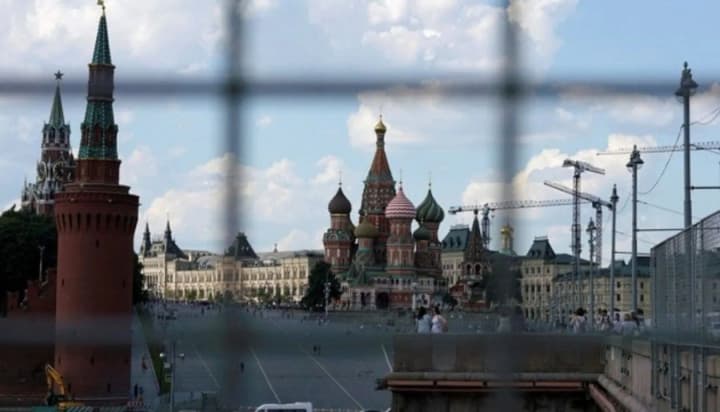Russia offered its "Easter truce" for US favor and manipulation – ISW
Kyiv • UNN
Russia announced an "Easter truce" but immediately continued offensive operations and shelling, indicating its violation. According to ISW, the Russian Federation is likely using this for manipulation and seeking to earn US favor.

The so-called "Easter truce" announced by Russian dictator Vladimir Putin is unlikely to last, given that the Russians conducted offensive operations and shelling along the front line in the very first hours. Russia is likely trying to earn the favor of the United States with such statements. This is reported by UNN with reference to the analytical report of the Institute for the Study of War (ISW).
Details
"This (the so-called - ed.) truce is unlikely to last, given that Russian forces appear to have continued limited offensive operations and indiscriminate shelling along the front line in the first few hours of the truce, and given that Russia continues to reject a full ceasefire," the analysts report.
ISW reminded that on March 13, the US and Ukraine jointly proposed that Russia implement an immediate full ceasefire for 30 days, but since then, Putin and other Russian officials have repeatedly rejected this proposal.
It is unlikely that Russian officials and military commanders effectively communicated plans for implementing a temporary truce to frontline units or Ukrainian officials before Putin's announcement. Russia's previous well-documented behavior regarding a temporary moratorium on long-range strikes against energy infrastructure indicates that Russian officials likely intend to continue making unsubstantiated accusations of Ukraine violating the truce. In this sense, Russia is likely using its unilateral implementation of a temporary truce in Ukraine to introduce informational conditions that will serve as a pretext to support Russia's continued efforts to undermine and discredit Ukraine
Analysts note that Russia may use unsubstantiated claims of Ukraine violating the truce to undermine support for the proposed peace framework that the United States presented in Paris on April 17.
"Russia is also likely attempting to earn US favor and present itself as a agreeable negotiating partner in response to recent remarks by US President Donald Trump that the United States would reconsider its role in peace mediation in Ukraine depending on how the peace process unfolds in the coming days," the Institute for the Study of War reports.
Addition
On April 19, Russian dictator Vladimir Putin announced a supposed "Easter truce," which involves stopping hostilities at the front. According to him, it is to be in effect from 6 p.m. on Saturday until 12 a.m. on Sunday.
However, later in Ukraine, air raid alarms sounded due to Russian Shaheds.
Then, around 9:50 p.m., an air raid alarm sounded again, particularly in Kyiv and the region.
Ukrainian President Volodymyr Zelensky, on the morning of April 20, after a report from Commander-in-Chief of the Armed Forces of Ukraine Oleksandr Syrskyi, reported on active hostilities at the front, despite Russia's attempts to create the impression of a ceasefire.